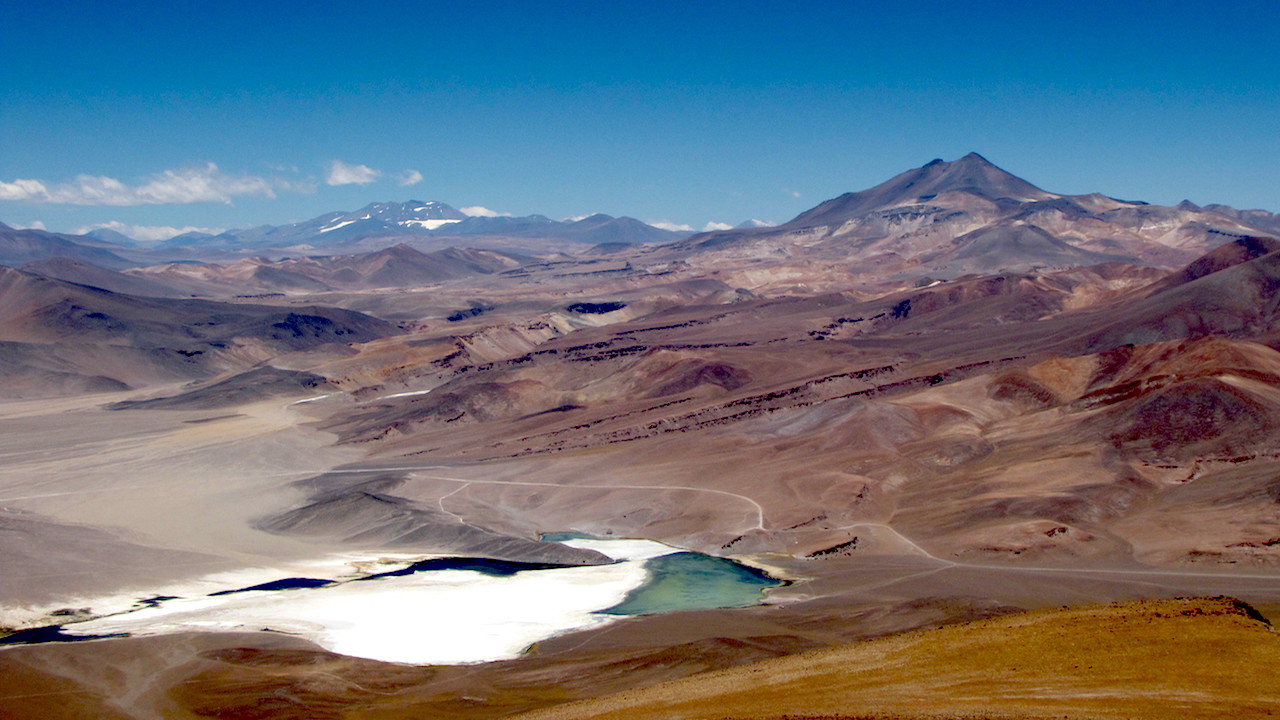Chinese lithium hydroxide prices played catch-up amid tight supply - report
Chinese lithium hydroxide prices played catch-up with those for lithium carbonate and experienced a double-digit percentage growth for two weeks in a row amid tight supply and strength from China’s lithium carbonate market, Fastmarkets reports. According to the analyst’s assessment...
You've reached your limit of free weekly articles
Keep reading MINING.COM with a TNM NEWS+MARKETS Membership.
TNM Memberships is your key to unlocking access to the best news, insights, and data in the mining industry.
Get Started with a free 45-day Trial ** Credit card required to begin free trial. Your card will be charged 45 days from signup. You will receive an email notification seven (7) days before the free trial period ends.
Already a Member?
Sign inSubscribe for Unlimited Access
Enjoy unlimited News Stories and Specialty Digests, along with Mining and Metal Market insights as part of your NEWS+MARKETS Membership. Or go even deeper with our Global Mining Data platform, TNM Marco Polo, included with your NEWS+DATA Membership.
Explore Full Membership Benefits





